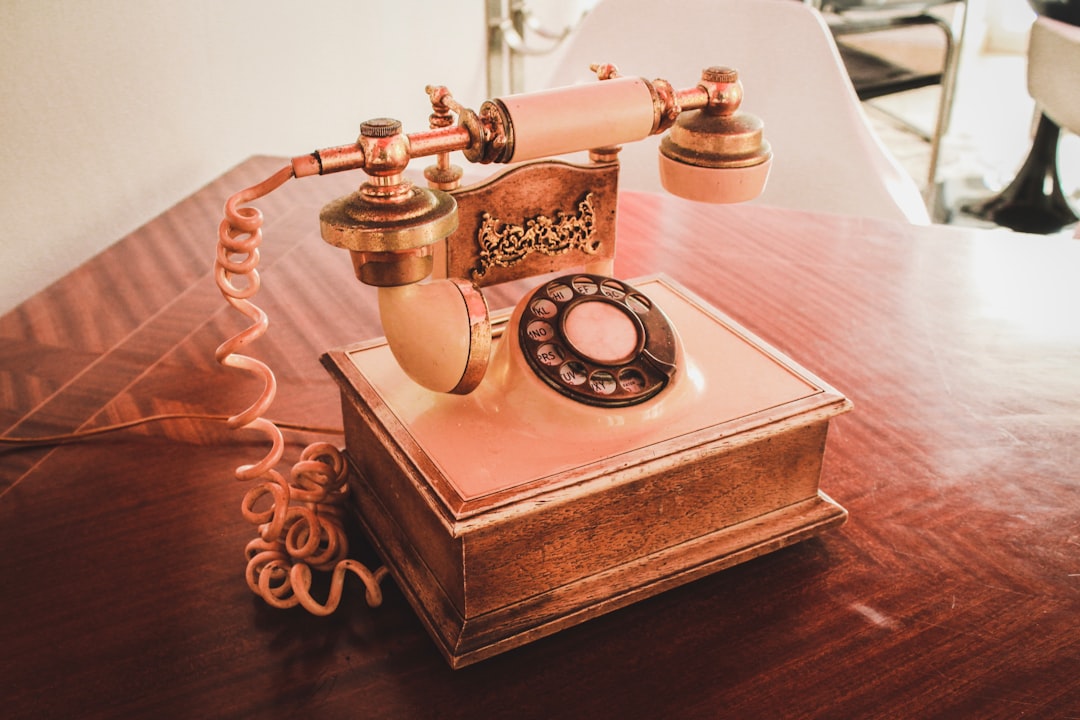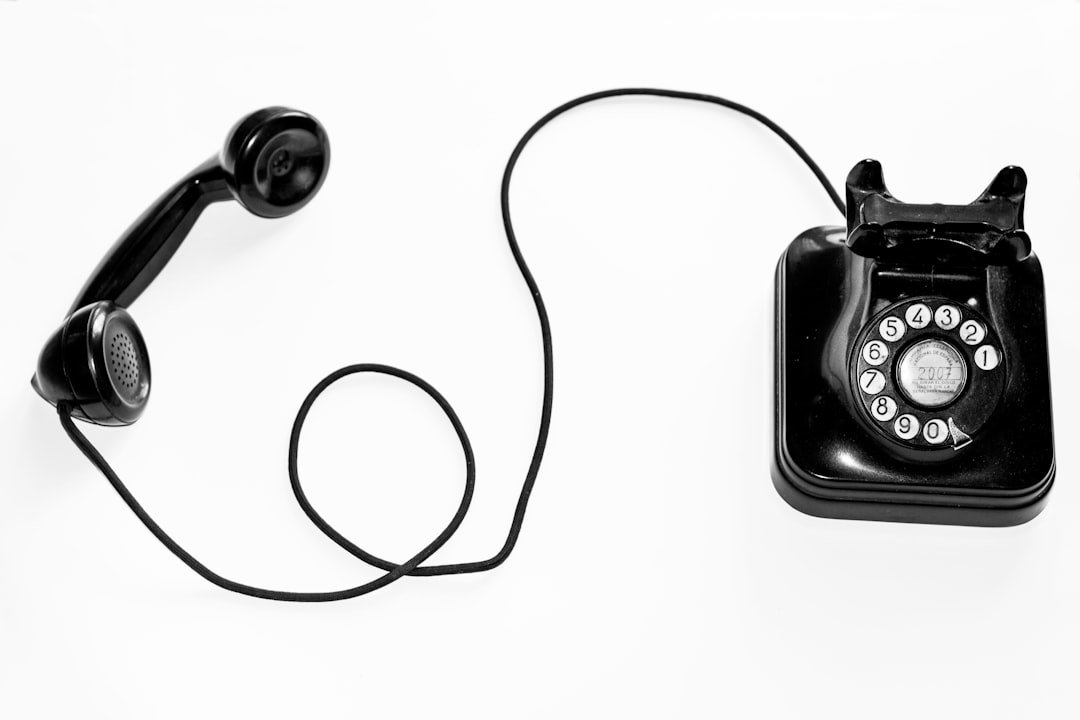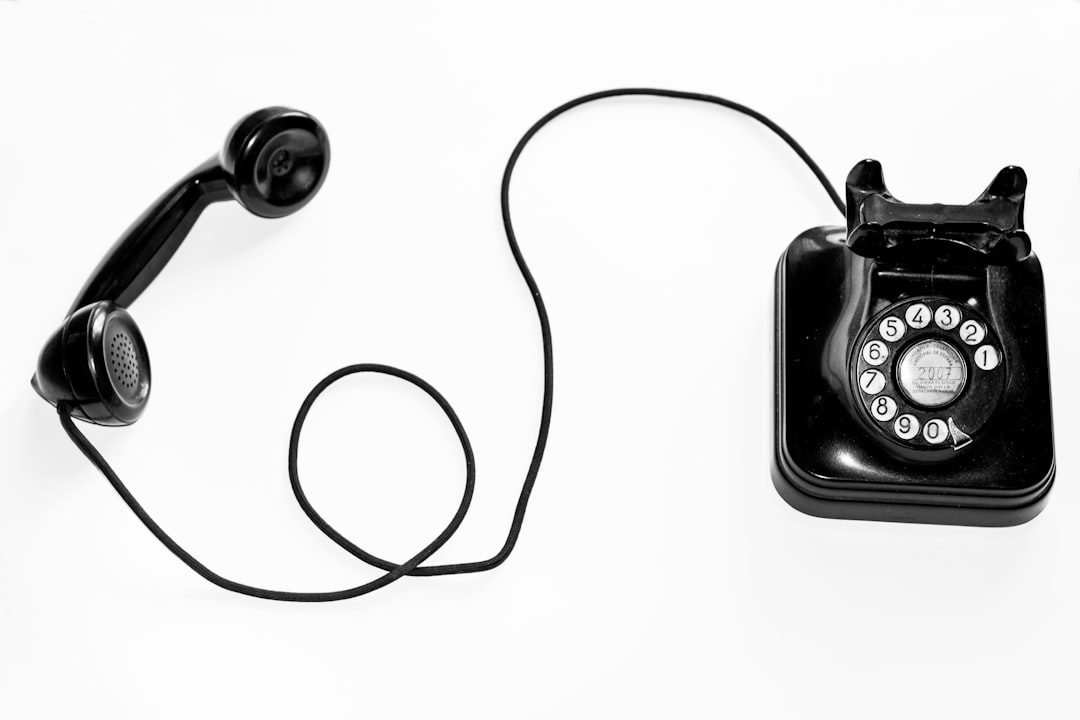In Knoxville, Tennessee, automated phone calls are regulated by the Telephone Consumer Protection Act (TCPA) and state laws. Unwanted calls made without prior consent or registration on the National Do Not Call Registry are illegal. If you receive such a call, gather information and consult a lawyer for autodialer Tennessee to understand your rights and potential legal actions, including disputing the violation, requesting compensation, or taking legal recourse. It's crucial to choose a qualified attorney with expertise in consumer protection laws and telecommunications regulations to protect your rights effectively.
In Knoxville, consumers dealing with autodialer violations face complex issues. Understanding Tennessee’s specific laws and regulations is crucial for navigating these challenges. This article serves as a comprehensive guide, covering everything from identifying unlawful calls to your rights and legal options. We explore effective strategies for dispute resolution and preventing future violations. Additionally, we emphasize the importance of choosing the right lawyer for autodialer cases in Tennessee to ensure favorable outcomes.
Understanding Autodialer Laws and Regulations in Tennessee
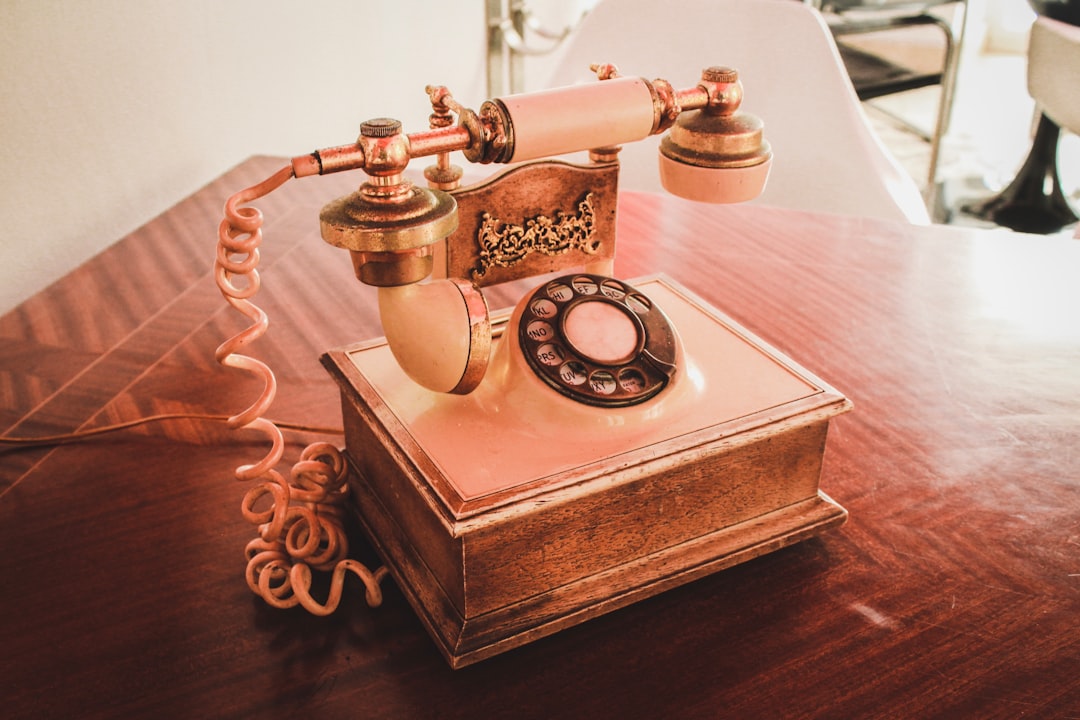
In Tennessee, including Knoxville, the use of automated dialing systems is regulated by state laws designed to protect consumers from unwanted and intrusive phone calls. These regulations are put in place to ensure fair practices when businesses utilize autodialers for marketing or sales purposes. Understanding these laws is crucial for both businesses and consumers alike. A lawyer specializing in autodialer cases in Tennessee can offer valuable insights into navigating this complex landscape.
Consumers who believe they have been victims of unauthorized or malicious autodialing should be aware of their rights under the Telephone Consumer Protection Act (TCPA). This federal law, often enforced by state attorneys general, sets strict guidelines on how businesses can use automated dialing technology. By familiarizing themselves with these regulations, consumers can take proactive measures and even seek legal recourse if necessary, with the help of a Tennessee autodialer lawyer.
Identifying Violations: What Makes a Call Unlawful?

In Knoxville, as in many places across Tennessee, there are strict laws against unwanted automated phone calls, or those made using an autodialer. A call is considered unlawful if it violates the Telephone Consumer Protection Act (TCPA). This act prohibits companies from making automated calls to telephone numbers on a list of people who have opted out of such communications, also known as the National Do Not Call Registry. Furthermore, any call that uses prerecorded messages or artificial voices without prior express consent from the recipient is also against the law.
Consumers facing autodialer violations in Knoxville should be aware that these calls can be stressful and intrusive. If you believe you’ve received an unlawful automated call, it’s advisable to gather information about the caller—like the company name, phone number, and any message left—and consult with a lawyer for autodialer Tennessee to understand your rights and potential legal recourse.
Your Rights as a Consumer: What to Do When Faced with an Autodialer Violation

When faced with an autodialer violation in Knoxville, consumers have rights that should be protected. The first step is to understand what your rights are under Tennessee law regarding telemarketing practices. If a business or collector has violated these laws by using automated dialing systems without your prior consent, you may be entitled to take action.
Consider seeking legal advice from a lawyer specializing in autodialer cases in Tennessee. They can guide you on the best course of action, whether it’s disputing the violation directly with the caller, requesting compensation for any harm caused, or taking legal recourse if necessary. Remember, knowing your rights and understanding your options is crucial when dealing with autodialer violations.
Navigating Legal Action: Choosing the Right Lawyer for Autodialer Cases in Knoxville

When facing violations related to autodialers in Knoxville, navigating legal action can be daunting. Consumers should prioritize choosing a qualified lawyer experienced in Tennessee’s consumer protection laws and telecommunications regulations. A specialist in this field will understand the intricacies of autodialer cases, ensuring your rights are protected.
Looking for a lawyer who specializes in autodialer cases in Tennessee involves thorough research. Check the attorney’s credentials, reputation, and client testimonials to gauge their expertise and success rate. It is essential to find a legal representative who listens to your concerns, explains the potential outcomes clearly, and provides a strategic plan tailored to your situation. This ensures you receive the best representation possible during what can be a complex legal process.
Effective Strategies for Resolving Autodialer Disputes and Avoiding Future Violations
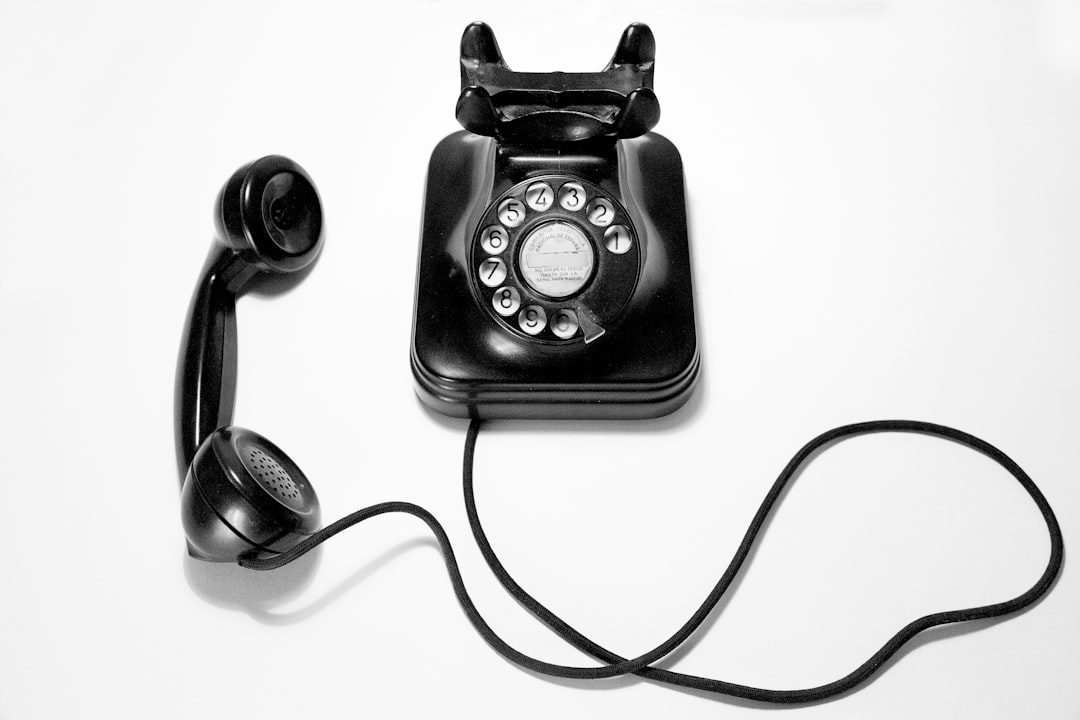
When facing an autodialer violation in Knoxville, consumers have several effective strategies at their disposal to resolve disputes and avoid future issues. One of the initial steps is to gather all relevant information related to the incident. This includes preserving any phone records, texts, or emails that could serve as evidence. A consumer can then reach out to the telemarketer or automated calling service directly to file a complaint, explaining their violation concerns. Many companies have dedicated customer support for such matters, aiming to rectify errors and comply with regulations.
Seeking legal counsel from an experienced lawyer for autodialer Tennessee is another prudent step. Legal experts can guide consumers through the process, ensuring their rights are protected. They can also help negotiate with violators or represent the consumer in court if necessary. Additionally, staying informed about Tennessee’s telemarketing laws and regulations will empower consumers to recognize and report suspicious activities, thereby deterring future violations.

